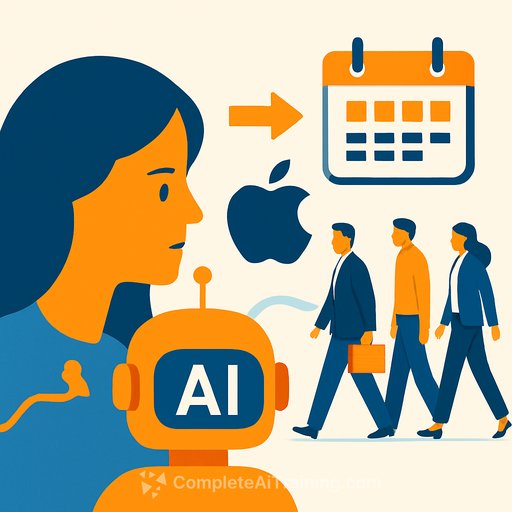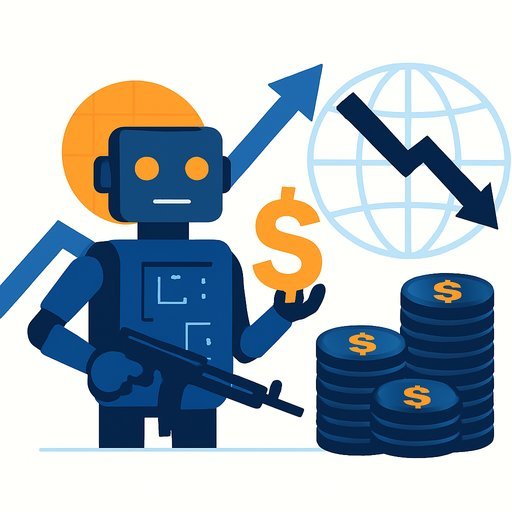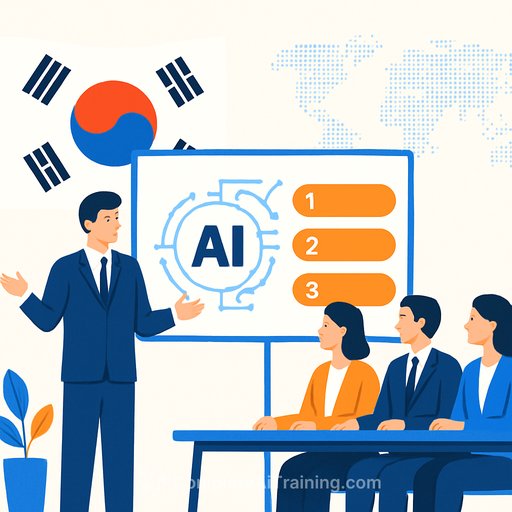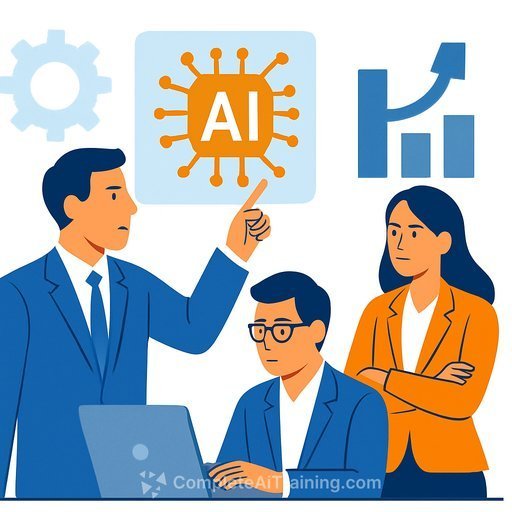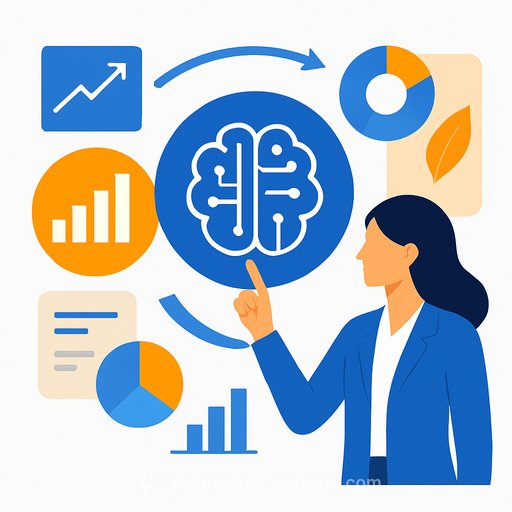Apple's AI push stalls: leadership exits, slipping timelines, and a hard pivot to 2026
Apple's AI ambitions have hit a wall. The former head of Siri, Robby Walker, is set to depart, and the company has pushed key Siri upgrades to spring 2026 due to ongoing quality issues and an architecture change.
Investor patience is thinning after a muted "Light AI" showing in September and a rating downgrade from D.A. Davidson. The message for operators: strategy without shipping cadence is a liability.
The leadership carousel
Walker, one of the few direct reports to AI chief John Giannandrea, led Siri from 2022 but was removed from the project earlier this year amid delays. Oversight shifted back to software lead Craig Federighi, with Mike Rockwell stepping in to run Siri engineering and reorganize the team.
Attrition is accelerating. Ruoming Pang, who led Apple's AI model team, moved to Meta along with several engineers and researchers. Frank Chu, a senior search executive, also left for Meta.
From Siri to "AKI": Apple's answer engine bet
In 2025, Walker transitioned to lead the "Answers, Information, and Knowledge" (AKI) team. The mandate: build a bottom-up answer engine that interprets questions, integrates information, and returns direct answers-an Apple-native alternative to relying on external models.
This was Apple's bid to own the end-to-end answer experience. Internally, Walker faced criticism for a conservative risk posture during his Siri tenure, according to prior reporting.
Strategy vs. shipping
Apple explored AI server chips for cloud-edge deployment, rehomed Siri under Federighi, and evaluated using models from Anthropic or OpenAI for the new Siri. The direction was clear; the execution wasn't.
Since unveiling Apple Intelligence at WWDC 2024, there's been no substantive Siri upgrade. Apple now targets spring 2026 for personalized Siri features, citing persistent quality issues and a move to a more powerful underlying architecture.
Why this matters for executives
- Shipping beats signaling: Frequent reorganizations slow decision cycles and blur ownership. Define a single-threaded leader with authority over model, product, and infra.
- Talent risk is strategic risk: Mission clarity, visible progress, and equity upside reduce poaching. Attrition compounds delays.
- Build vs. partner: External models can accelerate feature readiness, but create dependency. Decide what's core (evals, orchestration, safety, retrieval) and what can be partnered.
- Architecture first: Late-stage architecture swaps are costly. Lock core interfaces early, invest in offline evals, and fund platform work before feature sprawl.
- Cloud-edge reality: If privacy and latency matter, plan for hybrid inference. Align chip bets, capacity, and model sizes with clear use-case tiers.
- Expectation management: Don't over-announce. Tie public milestones to GA-ready features and measurable quality thresholds.
Action checklist for your AI roadmap
- 90-day stabilization: Freeze reorgs, clarify RACI, and set weekly ship goals tied to user-facing improvements.
- Quality gates: Establish offline evals, on-policy A/Bs, red-teaming, and regression dashboards before scaling.
- Two-speed delivery: Separate platform stability work (observability, guardrails, retrieval) from feature experiments.
- Vendor strategy: Maintain a primary model and two backups. Pre-negotiate data, privacy, and rate limits.
- Talent plan: Retain critical staff with milestone-based grants. Backfill with targeted hires in inference, tooling, and product.
- Roadmap hygiene: Quarterly commit to a small set of high-impact user journeys. Kill or pause anything without adoption signals.
Timeline watch
- WWDC 2024: Apple Intelligence revealed; no major Siri upgrades shipped since.
- September event: "Light AI" underwhelmed; street skepticism increased.
- Spring 2026 target: Personalized Siri features after architecture shift; watch for public betas, on-device capabilities, and cloud-edge details.
Bottom line
Apple's reset highlights a hard truth: reliable assistants at scale demand clear ownership, the right architecture, and consistent delivery. Treat AI as a product system-not a press strategy-and your odds go up.
Further support
If you're formalizing your AI operating model and team skills, explore role-based tracks and certification paths:
Your membership also unlocks:

